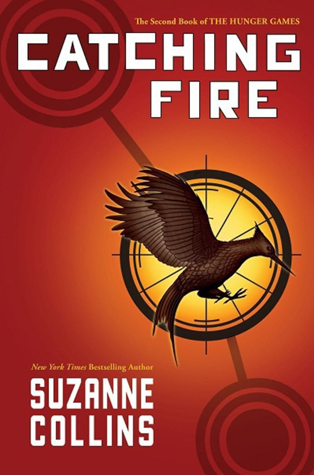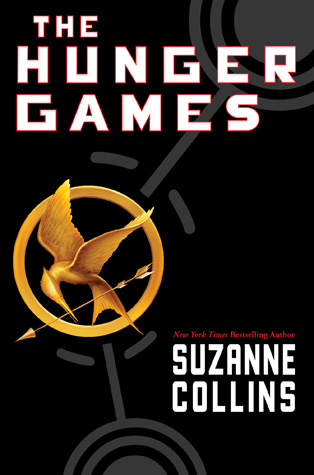
The Hunger Games Trilogy Boxset
Book Description
Life-and-death conflict unfolds in a dystopian world where survival means fighting against the odds. Dive into the electrifying saga of Katniss Everdeen, where every choice leads to heartbreak and betrayal. With rebellion brewing, allies become enemies, and fierce loyalty is put to the test. Each arena brings new nightmares and challenges, forcing characters to confront their darkest fears and deepest desires. As friendships are forged and sacrifices made, the lines between hero and villain blur. Will hope rise from the ashes, or will darkness consume them all? The clock is ticking—who will survive the ultimate game?
Quick Book Summary
The Hunger Games Trilogy by Suzanne Collins plunges readers into the dystopian nation of Panem, a society divided into oppressed districts and a wealthy Capitol. The series follows Katniss Everdeen, a young woman forced to fight for survival in the televised Hunger Games, a brutal event designed to keep the districts subjugated. As Katniss navigates the complexities of love, sacrifice, and resistance, she becomes the reluctant symbol of a burgeoning rebellion against tyranny. Each book deepens her struggle, exposing moral dilemmas, shifting alliances, and the personal cost of fighting for freedom. Ultimately, the trilogy is a gripping tale of courage, resilience, and hope in the face of overwhelming oppression.
Summary of Key Ideas
Table of Contents
Survival and Sacrifice in a Dystopian World
Katniss Everdeen’s journey begins in District 12, where she volunteers for the Hunger Games to save her sister. The Games are a televised deathmatch created by the Capitol to assert control over the districts. Inside the arena, Katniss relies on her skills, wit, and determination, but she is also forced to grapple with the immorality of the spectacle. Her connection with Peeta Mellark complicates her strategy and emotions, as their fabricated romance becomes a tool for survival, drawing the sympathies of the audience and setting off sparks of rebellion.
The Corrupting Influence of Power and Authority
As Katniss and Peeta emerge from the Games as dual victors—an unprecedented act of defiance—the Capitol’s response is swift and ruthless. The people of Panem, inspired by small acts of rebellion, begin to hope for change. The second book, Catching Fire, heightens the stakes with the Quarter Quell, thrusting Katniss back into the Games and closer to a simmering uprising. She becomes an unwitting symbol of hope, bearing the burden of rebellion while trying to protect those she loves from the Capitol’s wrath.
The Complexity of Rebellion and Resistance
The series explores the corrupting influence of power, using the Capitol’s decadence and cruelty as a stark contrast to the suffering in the districts. President Snow’s rule is marked by manipulation, propaganda, and violence, underscoring how authority can twist morality and suppress humanity. Yet, resistance often brings its own challenges; allies may become adversaries, and the leadership of the rebellion is not immune to ethical compromise. The blurred lines between heroes and villains force Katniss to navigate a morally grey landscape where trust is scarce.
Identity, Loyalty, and Personal Transformation
Throughout the trilogy, Katniss faces profound personal transformations. Her identity evolves from a survivor focused on family to a reluctant revolutionary leader shaped by immense trauma. Friendships, particularly with Peeta and Gale, are tested by divergent values and the harsh realities of war. Each choice scars her—physically and emotionally—reflecting the personal costs of loyalty, betrayal, and sacrifice. The series also delves into themes of manipulation, the media’s power, and the struggle for autonomy amid relentless pressure.
The Cost and Consequence of Violence
In the climactic finale, the rebellion reaches its boiling point. The final confrontations in Mockingjay are fraught with loss, shifting alliances, and hard-won truths. Violence proves to be a double-edged sword, exacting a tragic toll on all involved. Katniss must come to terms with the lasting effects of trauma and the ambiguous nature of victory. In the end, the trilogy offers a meditation on the costs and limitations of revolution, the endurance of hope, and the enduring human need for compassion and justice.
Download This Summary
Get a free PDF of this summary instantly — no email required.





